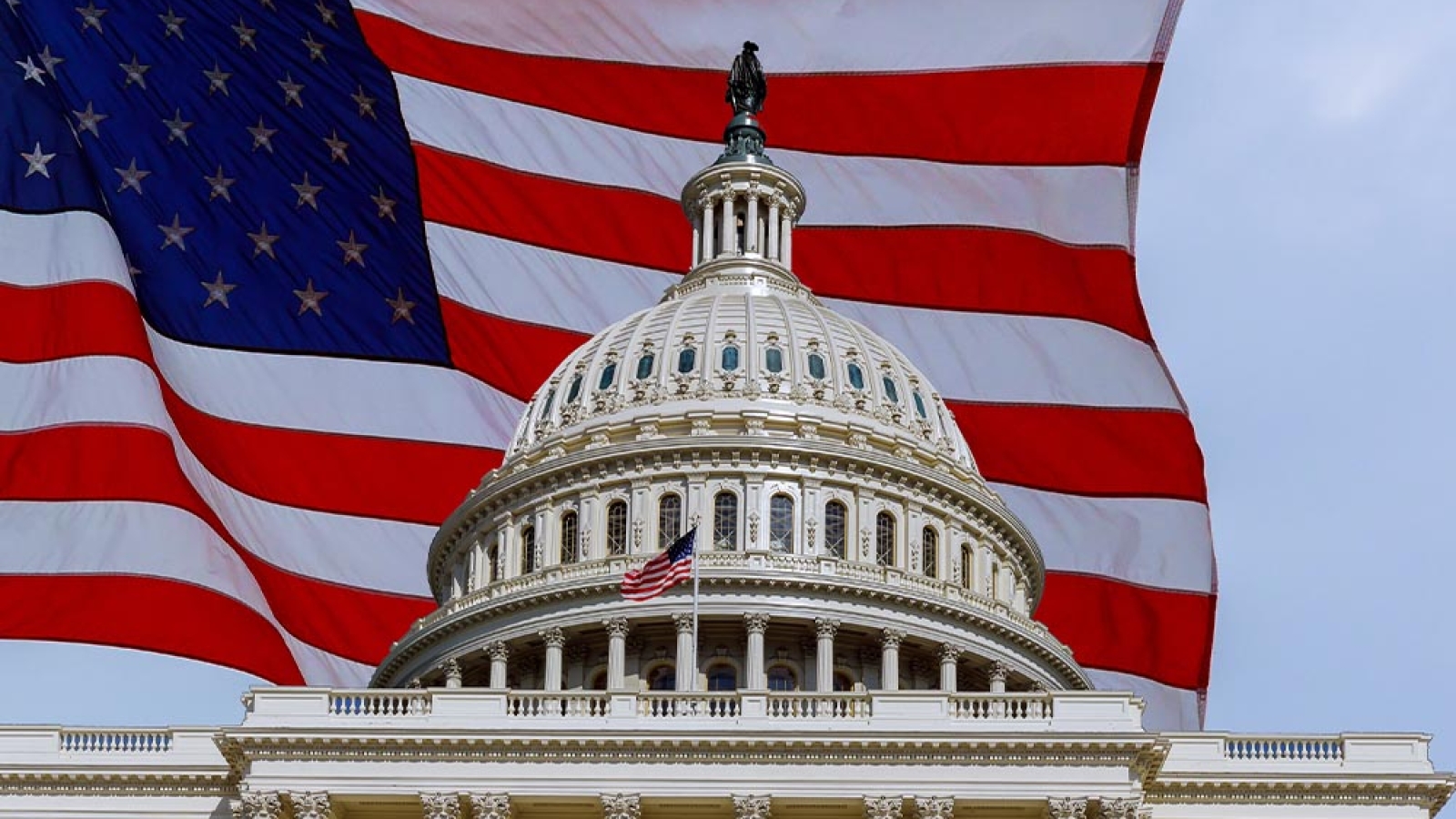Q: What is included in the budget reconciliation bill that passed the House today?
A: The U.S. House of Representatives has passed the “Build Back Better (BBB)” bill, one of the budget reconciliation packages, and sent it to the Senate. This bill proposes, among other things, a “temporary” relief plan for seven million undocumented immigrants through “parole,” as well as the reuse of unused employment-based green card quotas and a provision to allow past Diversity Visa (DV) lottery winners to apply beyond the usual deadline.
Under this “parole” relief plan, individuals who entered the country before January 1, 2011, and have since lost their status can obtain parole, freeing them from the threat of deportation and giving them the opportunity to apply for a green card under certain conditions. As of now, the Senate Parliamentarian, Elizabeth MacDonough, has not issued an opinion on this proposal.
For recipients of parole—whether they originally entered without inspection or overstayed a visa—parole would function similarly to an official “admission” to the U.S. For those who qualify as immediate relatives, it would allow them to apply for a green card from within the United States (similar to “Parole In Place (PIP)” granted to military families). Undocumented individuals who entered with a visa but fell out of status could also acquire “lawful presence” through this new parole.
Additionally, if someone maintained valid status for a long time but only recently lost it, they might be able to use the benefits of “245(k)” to file for an employment-based green card. Section 245(k) of the Immigration and Nationality Act allows a person who has accrued less than six months of unlawful presence to adjust status through employment-based sponsorship. However, this opportunity is limited to those who have already prepared the first step of the employment-based green card process (Labor Certification, or “LC”).
Q: What are the chances that the bill will pass the Senate?
A: So far, Senator Joe Manchin of West Virginia has expressed opposition, leaving it uncertain whether the bill can pass in the Senate. Another potential opponent, Senator Kyrsten Sinema of Arizona, has not publicly expressed opposition at this point. Since the Senate is split 50-50, the bill would require unanimous support from all 50 Democratic senators (with no defections) to pass via reconciliation.
Contact Information
- Attorney K. Choi, Immigration Law Specialist
- (714) 295-0700
- greencardandvisa@gmail.com
- KakaoTalk ID: greencards

